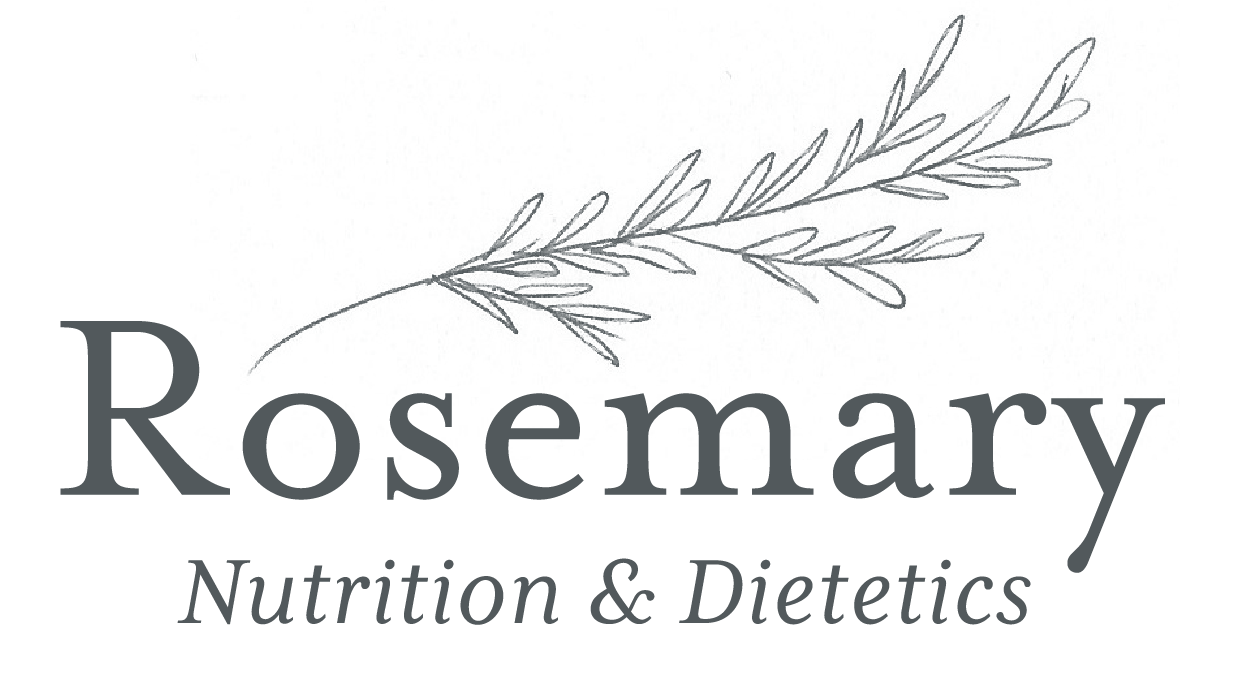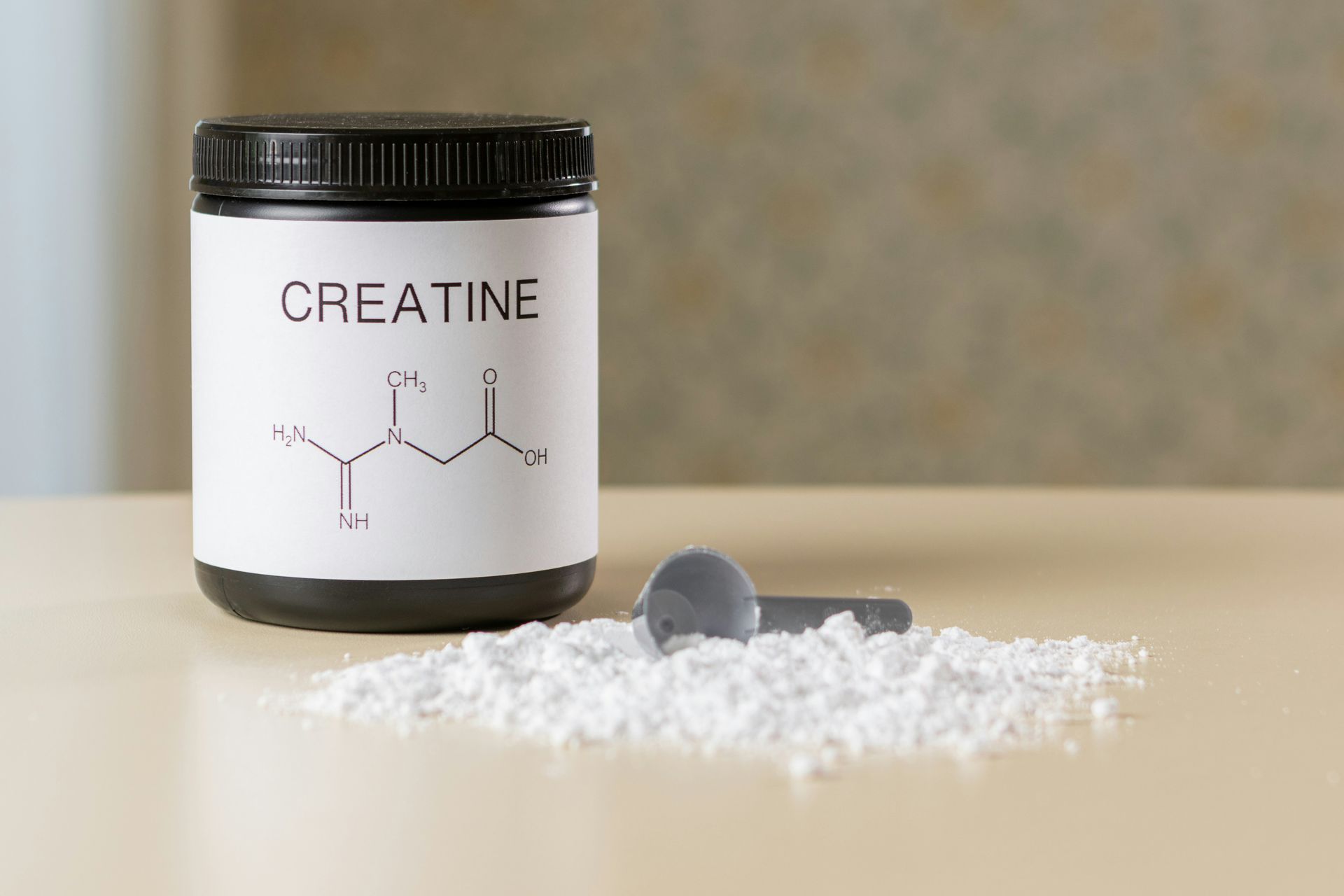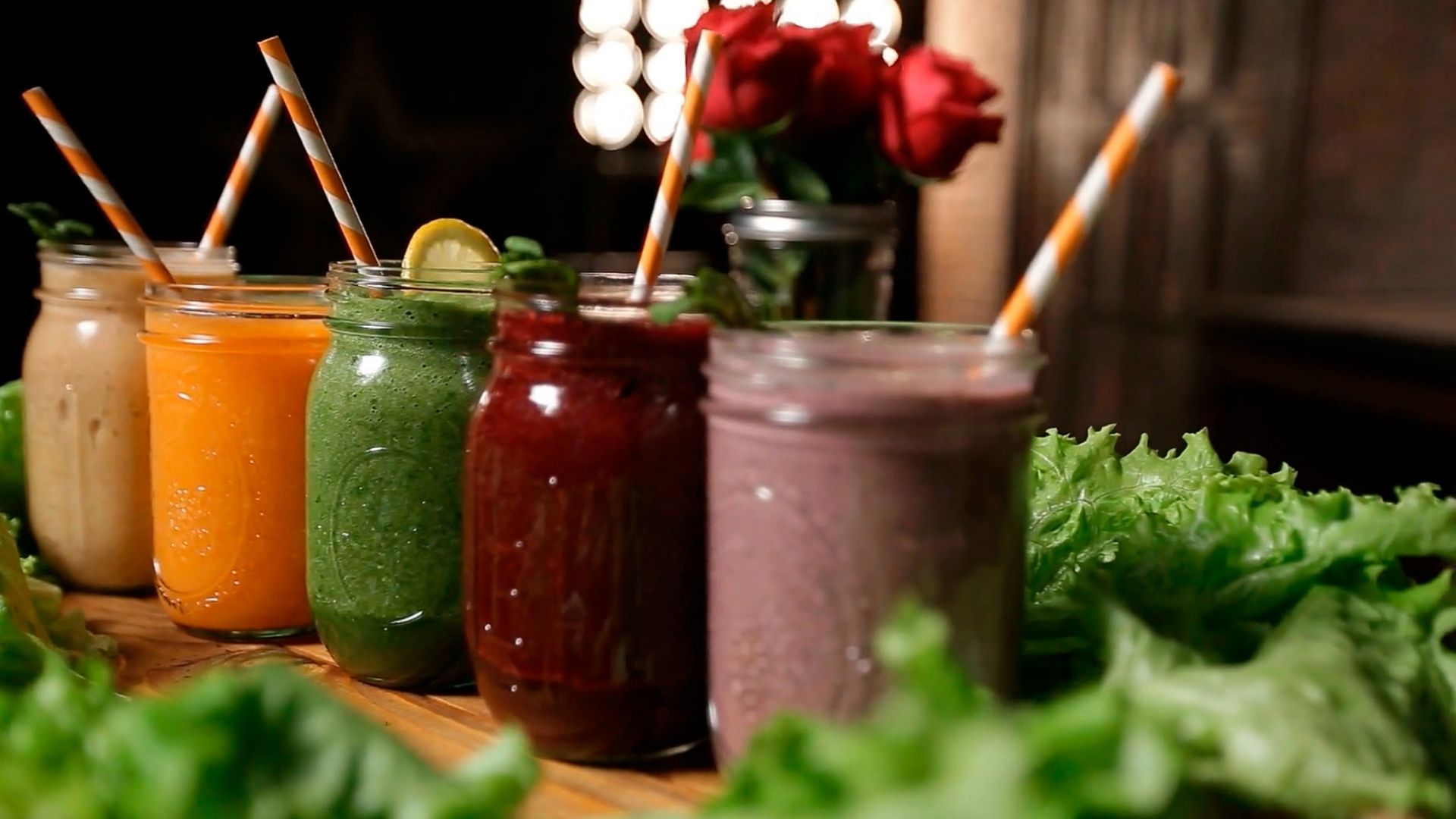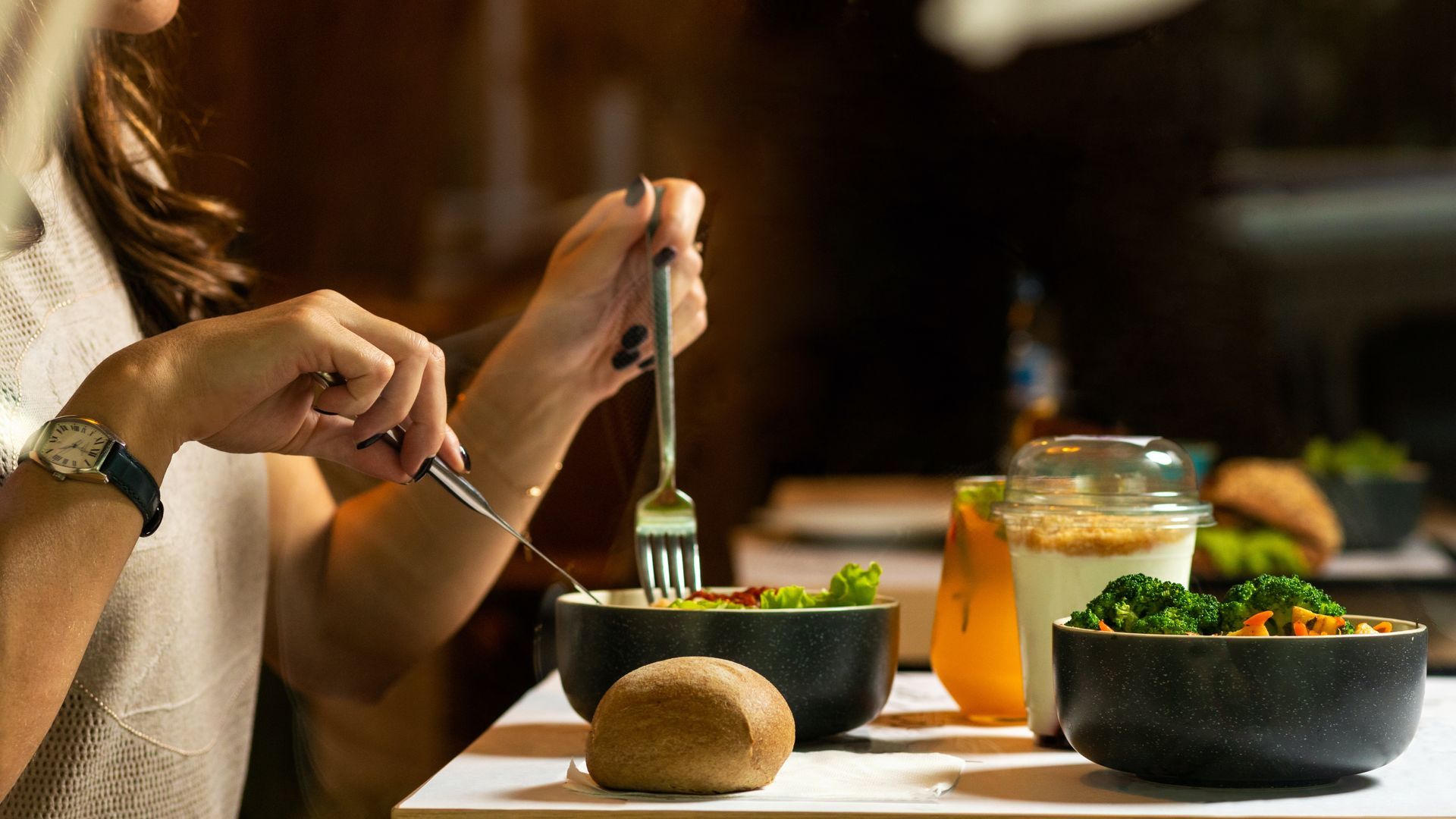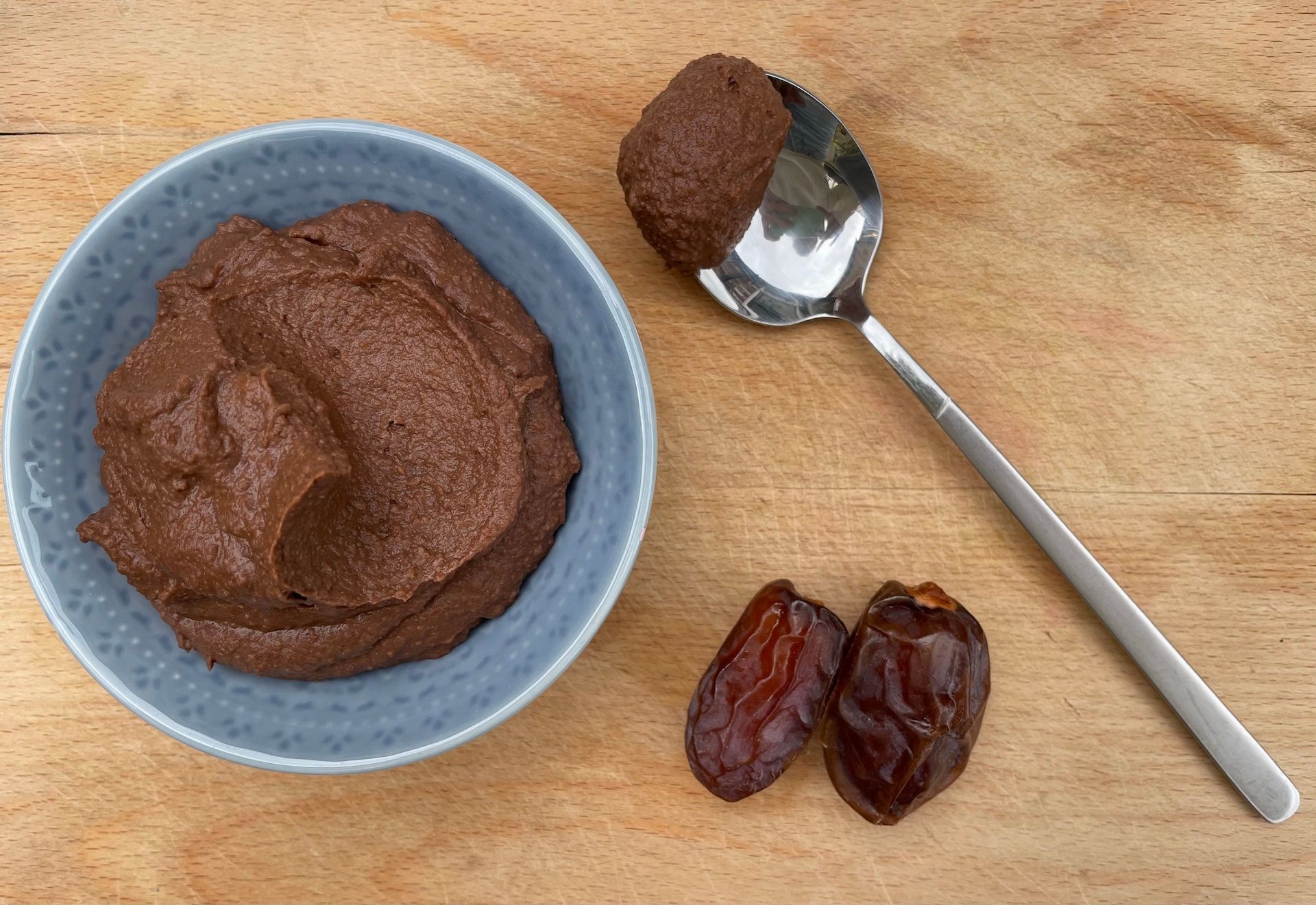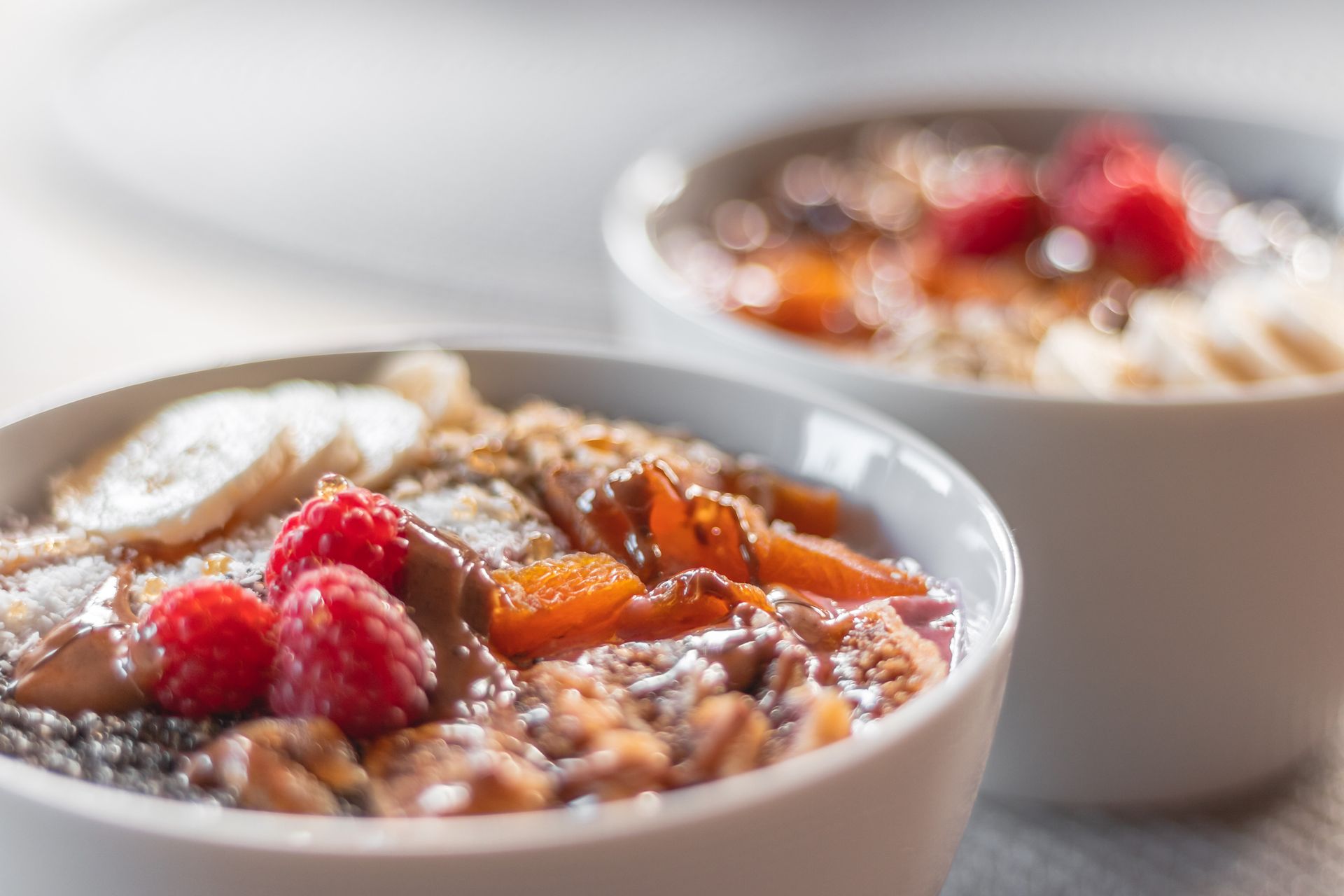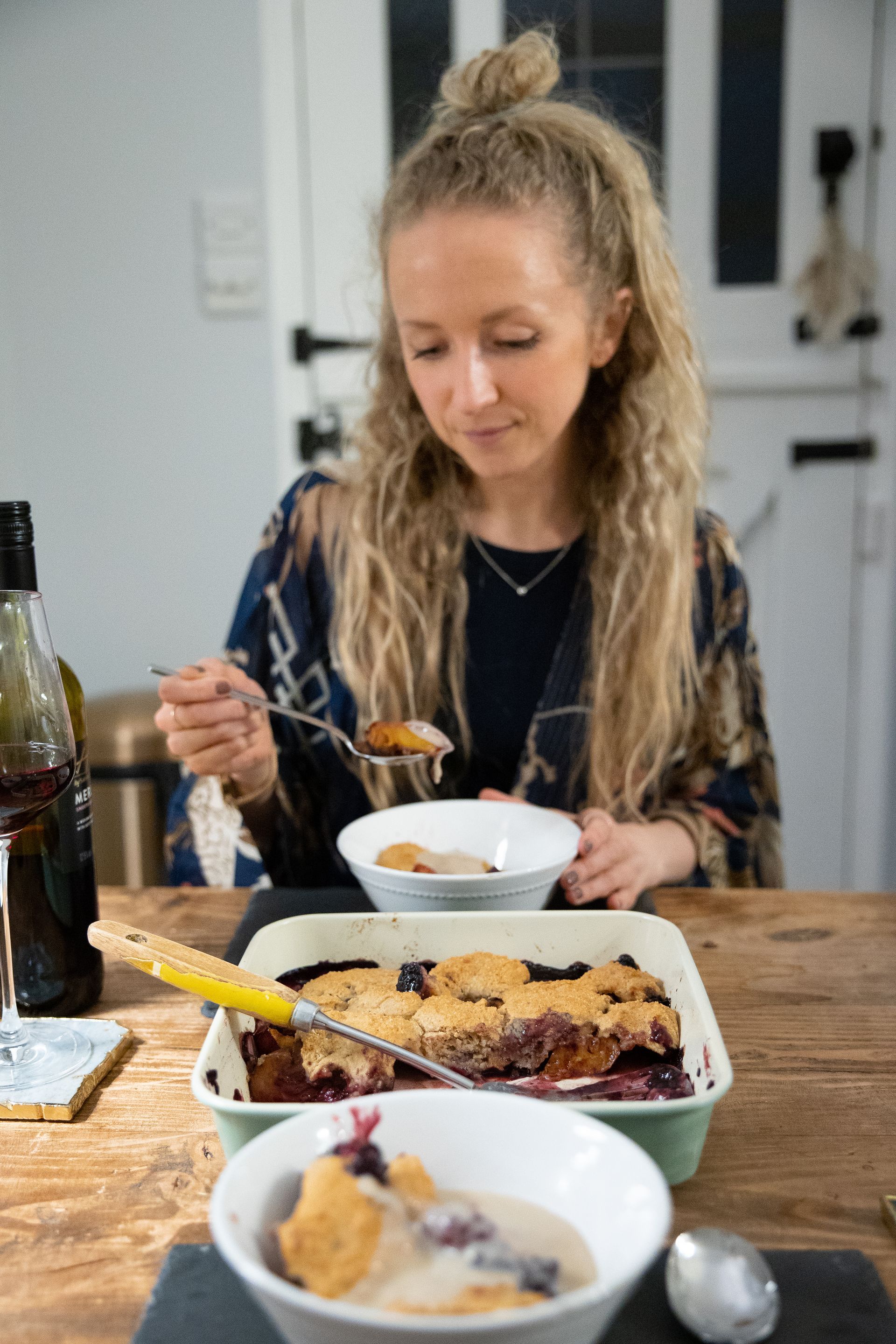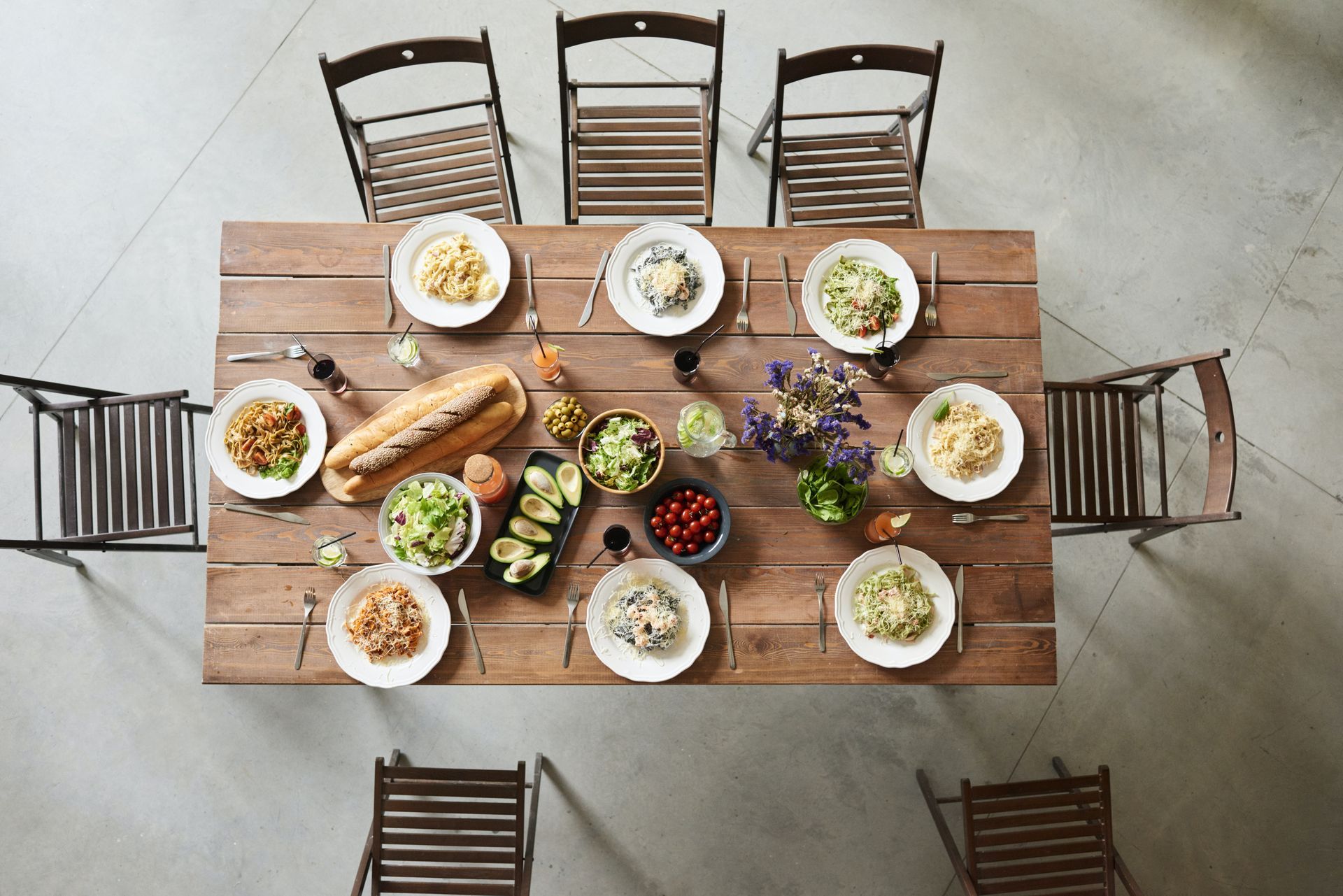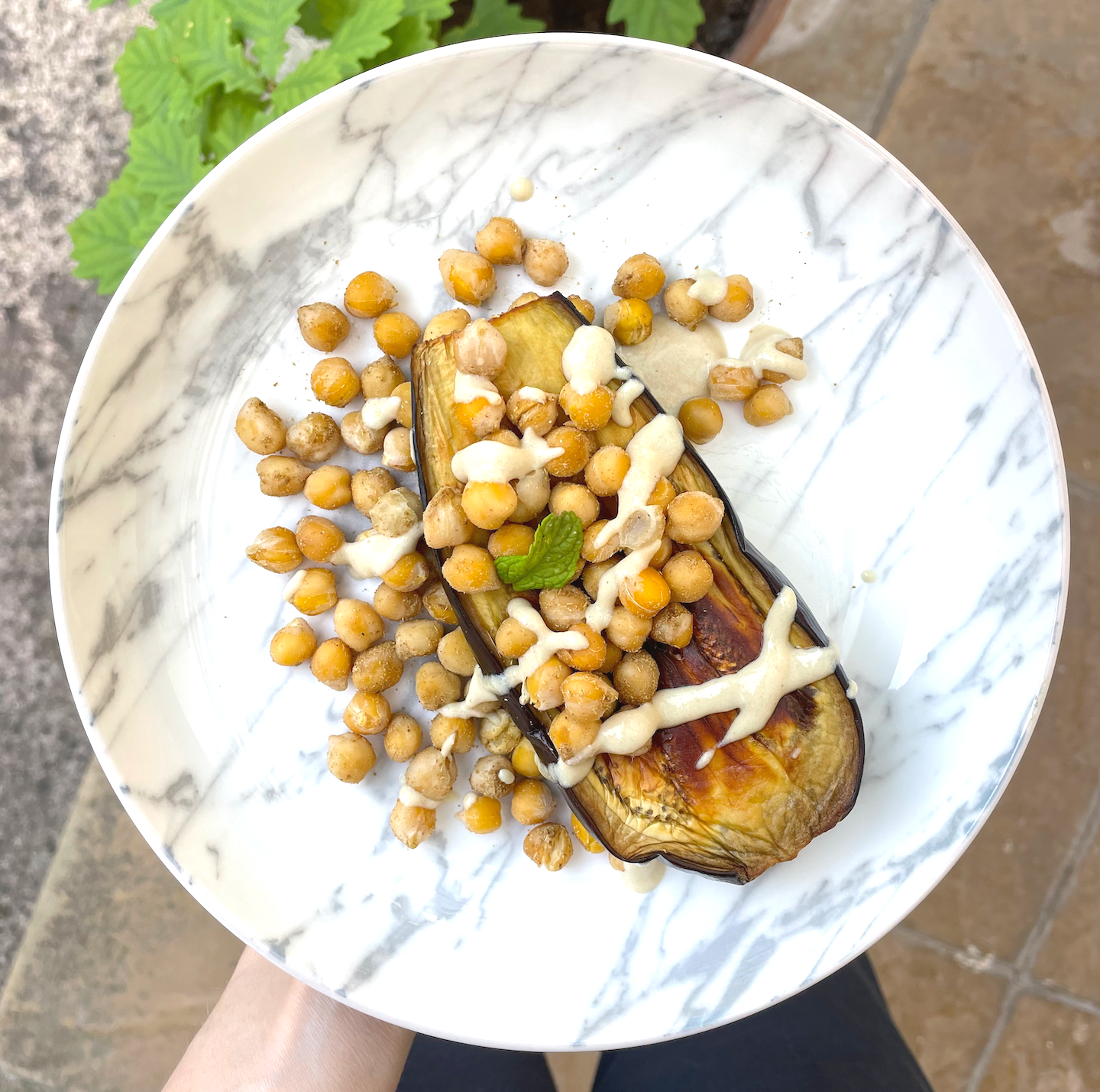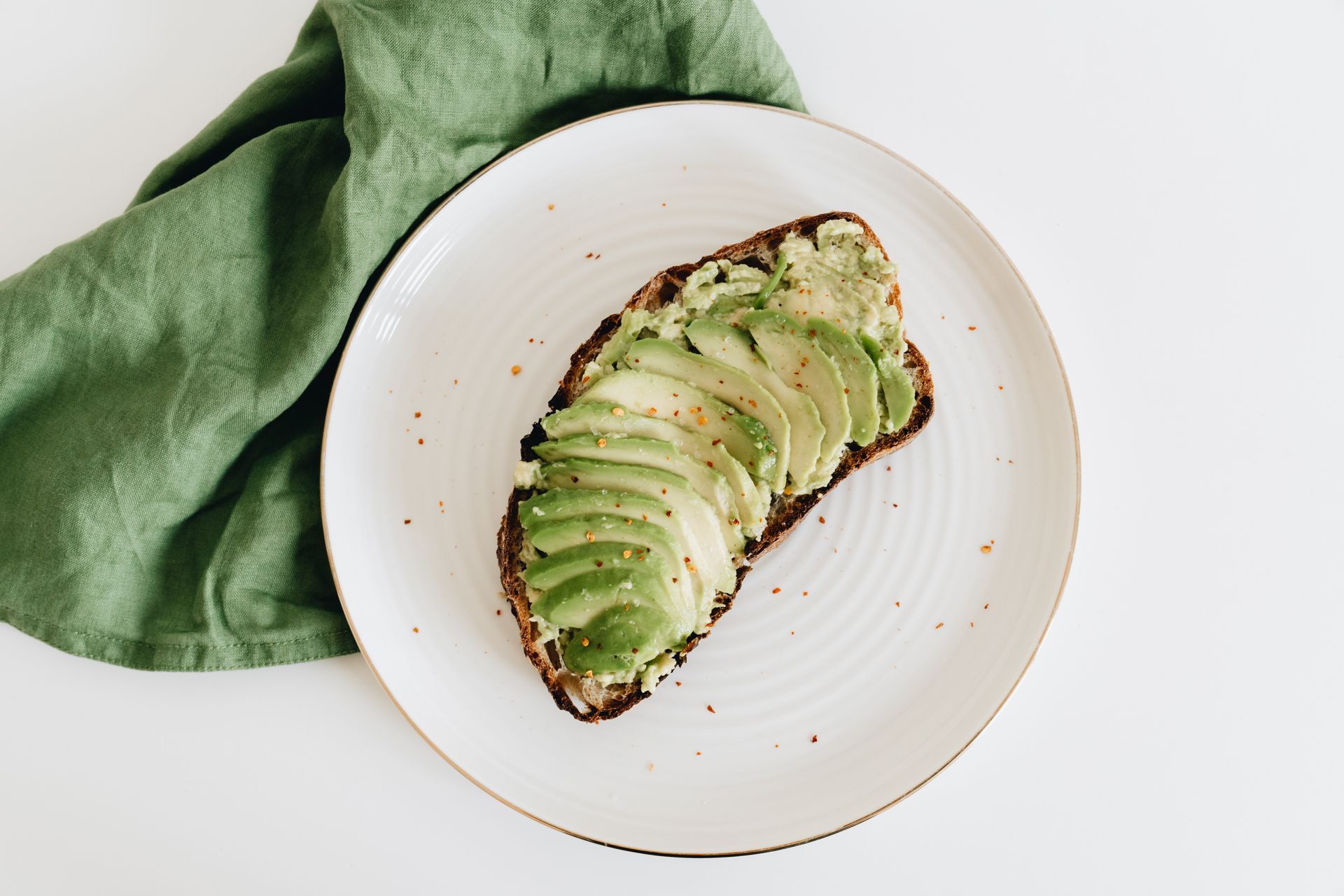Say Hello
Join our newsletter
Join our newsletter
Can Soya Milk Cause Acne?
I first started investigating this question because I wondered whether my intake of soya in the form of tofu, tempeh, soya milk and soya yogurt might be contributing to my own breakouts. What better way to understand the science than to research and write my own article on the topic?
Acne vulgaris forms when pores in your skin become blocked with and sebum and dead skin cells. Bacteria then feeds on the sebum and this can cause inflammation ranging from mild to severe. Acne can be a very difficult condition for those who experience it. It can cause frustration, embarrassment, and even pain. Plus, it’s not just for teenagers. Many people experience it in adulthood too. I was lucky that my teenage and early adult years were, for the most part, free of acne and I never struggled with it like others around me. But, whilst everyone else appeared to lose their hormonal acne with age, I developed acne breakouts when I hit thirty. Now I must say I don’t have it too bad, my doctor described mine as ‘mild to moderate’ and I am able to manage it well.
We know that there are many factors involved in the development of acne, including genetics, diet, lifestyle and our environment. I had turned vegan many years before my 30th birthday, but I couldn't help but wonder if anything in my diet or lifestyle was impacting it. Could it be the soya? Google seems to think so... but what about the science?
Diet and acne
When it comes to skin health, diet plays a role. Skin healthy vitamins include vitamin A, which supports skin regeneration, and vitamins C and E, which are antioxidants that help with hydration, the formation of collagen and protection against oxidative stress caused by sun exposure and environmental pollutants. We also need omega 3 fatty acids to support skin barrier function. Find out more about skin and nutrition here.
But what about acne? No single foods have been identified as a cause of acne for everyone. It appears that triggers are individual, so what might trigger someone else’s skin to flare up may not trigger yours, and vice versa. When we zoom out and look at dietary patterns however, scientific evidence repeatedly links a western-style diet to the development of acne. A Western-style diet means one that is high in energy, refined foods, and animal products, and low in whole plant foods. So why is this?
Blood sugar levels
When you consume a highly refined food or drink, or one with lots of added sugar (I am talking cakes, biscuits and cola here, not oats or fruit), then your body will respond by releasing higher than normal levels of insulin; an important hormone required to move sugar from our blood into our cells to be used as energy or stored for later. But if you have insulin levels that are too high over a long period of time, more androgen hormones such as testosterone are produced, leading to excessive sebum production that can contribute to acne (1). The same process can also be caused by insulin-like growth factor-1 (IGF1), which can be found in dairy. This could be the reason for the potential link between dairy and acne for some (2).
Chronically high insulin levels can also indicate insulin resistance. This is when your body does not respond to insulin in the normal way, and so more is produced in an effort to compensate and bring blood sugar levels back down. Insulin resistance is associated with conditions such as type 2 diabetes and polycystic ovary syndrome (PCOS) and you are at a higher risk with high levels of body fat, which can be a result of a high-energy western-style diet.
Inflammation
The western-style diet causes prolonged low-level inflammation in the body which may also contribute to acne (3). This is caused by high levels of saturated fats, refined carbohydrates and low levels of anti-inflammatory foods like fruits and whole grains.
Insufficient nutrition
In addition, if you are on any diet that is unbalanced or restrictive, then you may be getting too little or too much of certain nutrients that could contribute to acne. Plant-based diets have been found to provide sufficient protein, vitamin A and B2, which are nutrients that may be linked to acne if too low (4).
A healthful and well-balanced vegan or plant predominant diet could therefore be of benefit to those struggling with their skin due to its abundance of nutrients, anti-inflammatory effect and ability to maintain healthy levels of insulin.
But… I am already following a very healthy, high fibre, whole food diet with no animal products, minimal processed products and zero dairy.
So, could it be soya?
There is very little data on the direct link between soya milk and acne. So, the truth is we don’t know. But what do we know?
If you ‘Google’ it, you will be convinced that soya causes acne. This is because there is a common and widespread misunderstanding of the impact of soya on the human body. Because soya contains substances called phytoestrogens, that are similar in structure to the human reproductive hormone oestrogen, it has been assumed that soya impacts our organs in the same way as these sex hormones. But research suggests that phytoestrogens do not appear to have the same effect on our body as human oestrogen. Phytoestrogens are selective, meaning they may have different effects on your body depending on the organ in question and your life stage. Despite the concern around soya being ‘feminising’ for males, or increasing risk of breast cancer, there is no evidence that soya has negative effects on human health.
Phytoestrogen (more specifically isoflavones) in soya appear to oppose the sebum production induced by androgens and may actually improve acne. When soya isoflavone supplementation has been tested in woman with acne, 160mg daily appeared to reduce the number of lesions that these women had (5). In a follow up study, woman on the supplements had significantly fewer spots along with lower levels of the sex hormone dihydrotestosterone.
Now, I don’t recommend anyone takes isolated soya isoflavone supplements, but these results led the authors to believe that the soya isoflavones may have contributed to the reduction of acne symptoms. These studies are small and so, as we often say, more research is needed to confirm these ideas.
After a look into the research, I feel reassured that soya is not likely to be the cause of my breakouts. But as we have covered, triggers appear to be individual. For example some people might find dairy or sugar leads to breakouts for them. There is no way we can test if a food is causing your acne unless we simply cut it out for a time. If you suspect that a specific food may be a trigger for you, a simple elimination of that food (for around 2-4 weeks) followed by a reintroduction will tell you what you need to know. Just make sure you are making the switch to an equally nutritious alternative (for example fortified almond milk) and keep a diary to monitor whether symptoms improve on elimination and return on reintroduction. Only do this with one food at a time, so your diet remains varied and you can pinpoint the food causing issues.
Rosie’s top tips to manage acne on a vegan diet
Cook from scratch
With increasing options for vegan ready meals and snacks (which I support from an ethical and environmental standpoint), it can be easy to rely on less healthy products. Having the odd convenience meal is not always a bad thing (and can be very convenient), but if you’re looking to optimise your skin health, aim for whole foods cooked from scratch more often. If this is new to you, start small. This might be cooking one extra batch meal a week or packing a box full of fruit and nuts to snack on during the day.
Limit refined sugar
Take notice of the ingredients list on products (especially those that shout about being ‘healthy’) and look out for sugars and syrups. When you buy plant-based yogurt or milk, choose the ones without added sugar and add some berries or raisins for sweetness instead. At the same time, cooking from scratch will naturally reduce your sugar intake.
Get your omega 3s
On a vegan diet, or any diet without fish, it’s important to get omega 3 fatty acids from alternative sources. Omega 3s are shown to be of benefit to skin health (6). You could include 6 walnut halves, or 2 tablespoons of ground flaxseed (linseed), hemp seeds or chia seeds. You could also include a supplement of 450-1000mg of DHA + EPA from a vegan algae oil supplement (like this one).
Focus on fibre
Another reason to eat more whole plant foods, like whole grains, nuts, vegetables, fruits and beans is for the fabulous fibre they contain. Fibre not only helps to balance blood sugar, but it also feeds healthy bacteria that live in your gut, and we are just starting to discover the important role this may play in skin health (7).
Take your supplements
I would recommend that anyone eating a predominantly or exclusively plant-based diet takes vitamin D, vitamin B12, iodine and selenium. Vitamin D deficiency in particular may contribute to the development of acne (8).
Trial an elimination if you suspect a specific trigger
Remove the food item for 2-4 weeks and ensure you include an alternative equally nutritious food. If you see an improvement, reintroduce the food and monitor if symptoms return.
Summary
Acne is a tricky condition that can impact your quality of life. Soya milk consumption is anecdotally linked to development of the condition, however there is no research that supports this link, with some research suggesting that it could even play a role in improving acne.
Diet is one factor that can play a part in acne development, and so positive dietary changes could help. A Western-style diet that is high in refined sugars and animal products and low in whole plant foods is linked to poorer skin health. Well-planned and balanced diets, including vegan diets, with the right supplementation provide everything required for good skin health including fibre, vitamin A, vitamin B2 and protein. If you struggle with acne, it is important to see a health care professional for individual advice. A simple short-term elimination diet may support with identifying suspected triggers, but it is important to ensure you diet remains varied.
Hello! I'm Rosie, a vegan and plant-based registered dietitian, I work to support NHS staff, and I am founder of Rosemary Nutrition & Dietetics.
If you want more from me, sign up to my mailing to list via the contact page to receive a free 7 day meal plan with recipes and a shopping list, plus extra freebies via email.
You can contact me at
rosie@rosemarynutrition.co.uk or follow me on Instagram at
@plantdietitianrosie.
References
- https://www.ncbi.nlm.nih.gov/pmc/articles/PMC9964714/
- https://pubmed.ncbi.nlm.nih.gov/35373155/
- https://pubmed.ncbi.nlm.nih.gov/34831387/
- https://www.ncbi.nlm.nih.gov/pmc/articles/PMC10531971/
- https://www.ncbi.nlm.nih.gov/pmc/articles/PMC4579974/
- https://pubmed.ncbi.nlm.nih.gov/32463305/
- https://www.ncbi.nlm.nih.gov/pmc/articles/PMC8953587/
- https://pubmed.ncbi.nlm.nih.gov/27560161/
